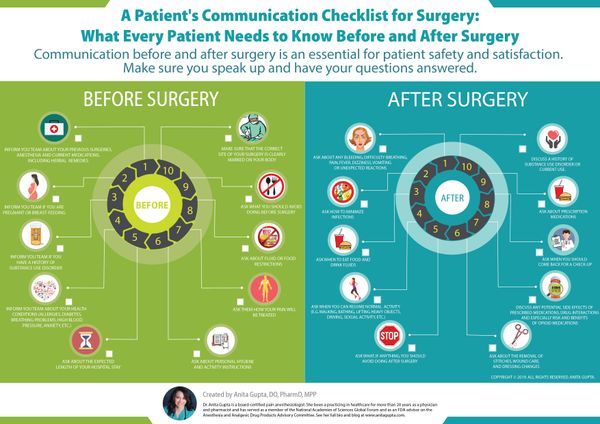Q: Is it safe to combine pain relievers if one isn't easing my pain?
A:
Over-the-counter (OTC) pain relievers are generally safe, when taken as directed, but they can be dangerous if you take more than the dosage directed or combine them with other pain relievers. Never take more than the recommended dose of pain reliever—whether prescription or over the counter—and never mix an OTC pain reliever with other drugs without first talking to your health care provider (HCP). Taking more than recommended increases your chance of potentially harmful side effects.
There are two common types of OTC pain relievers: nonsteroidal anti-inflammatory drugs (NSAIDs) and acetaminophen. NSAIDs, such as aspirin, ibuprofen (Motrin, Advil) and naproxen sodium (Aleve), reduce inflammation and can treat headaches, arthritis, muscular aches, menstrual cramps and other similar aches and pains. Acetaminophen (Tylenol) does not reduce swelling but works on the nervous system to reduce pain and fever.
The U.S. Food and Drug Administration (FDA) recommends taking the lowest dose of pain relievers possible for the shortest time needed. The FDA-recommended maximum dosages for over-the-counter NSAIDs are: up to 4,000 mg a day for aspirin, 1,200 mg a day for ibuprofen and 660 mg a day for naproxen sodium. Safe doses vary based on body weight and other factors, so check with your HCP if you are taking these medications more than occasionally.
If you've taken the maximum dosage and are still in pain, contact your HCP. Your clinician may recommend gradually increasing your dose or switching to a different NSAID or combining certain pain relievers, such as NSAIDs and acetaminophen. Your HCP also can prescribe a stronger drug or dosage than what you can buy over the counter. Choosing the right pain reliever depends on what's wrong with you and your personal risk factors.
Read all OTC labels carefully to make sure you aren't accidentally taking more of a pain reliever than recommended. For example, many popular OTC cough, cold and headache medications combine pain relievers. Taking a combination drug, along with your pain reliever, could result in accidental overdose, which can damage the kidney, stomach or other gastrointestinal organs or increase risk of heart problems. Even though acetaminophen is considered safer than most pain relievers, taking too much can damage the liver and even cause organ failure or death, in some circumstances.
Be aware that combining certain pain relievers can cause harmful interactions. Alcohol, dietary supplements and fasting also increase your risk of problems from pain relievers. Be sure to talk with your HCP before exceeding the recommended dosage—even by a little bit.







